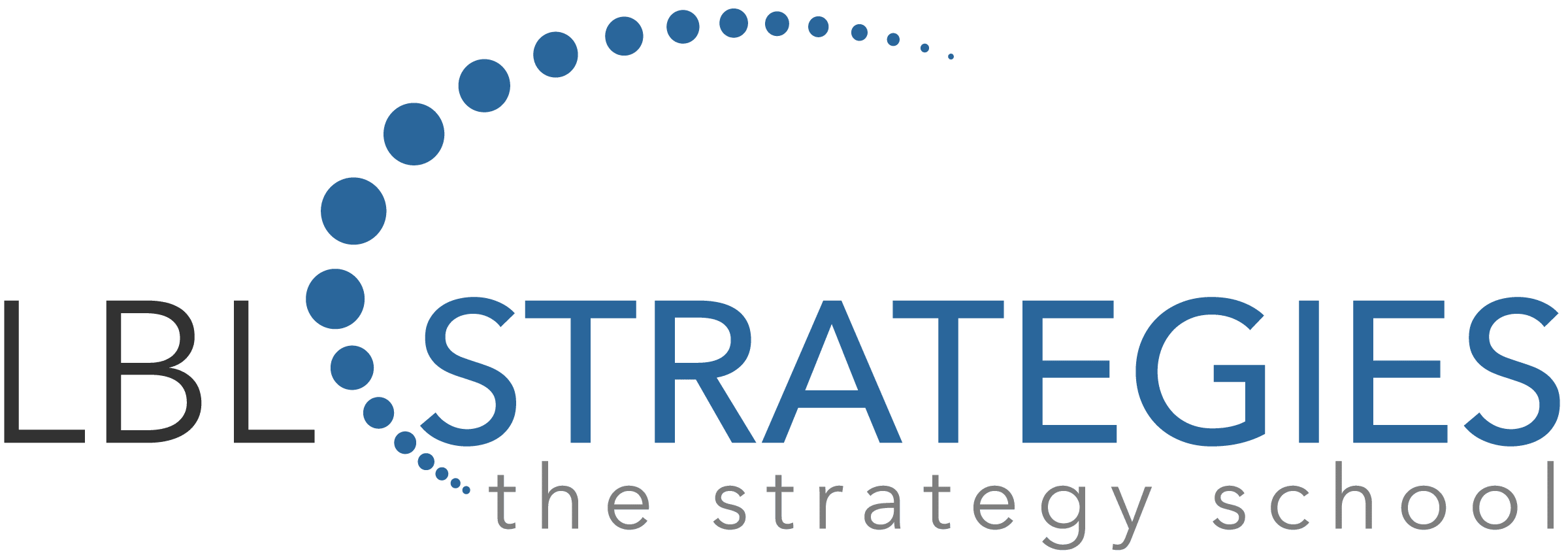In the fast-paced world, where strategies are formulated and executed with lightning speed, one foundational element often gets overlooked—the core values of an organization. In the arena of strategy consulting, it is not uncommon for the client to request “skipping” core values so the planning team can focus on more shiny and exciting elements of their strategic direction. However, by doing so, they are missing a critical guidepost for their strategy.00
Most organizations have clearly articulated, and posted, their core values. However, it’s not enough to merely state the values; authentic leadership demands a commitment to living and breathing them throughout every facet of the organization.

Core values define an organization’s identity, culture, and purpose. When properly integrated into the strategic planning process, core values should drive decision-making, shape company culture, and foster a sense of shared purpose among employees. They form a foundation of “ethical and behavioral rationale” and provide stability to the selection process of strategies.
For example, if “protecting the environment” and “conserving energy” are held as organization values, they should figure heavily into the consideration and decision-making process for developing strategies and deploying tactics.
We may say a core value is providing a “psychologically safe” work environment, but…
- Do we dismiss others’ ideas?
- Do we call others out in meetings?
- Do we condescendingly sneer at the personal beliefs or values of others?
We may say a core value is “respect,” but…
- Do we follow through on commitments?
- Do we respond timely to emails?
- Do we use email as a method to vent without dialogue?
We may say a core value is “quality,” but…
- Do we look for short cuts?
- Do we measure and monitor quality?
- Do we foster a “good enough” mentality within the workplace?
While many organizations proudly declare their core values, the real test lies in whether these values are reflected in the day-to-day operations and decision-making processes.
Enron, once considered a model of corporate success, serves as a cautionary tale. Despite espousing values such as integrity and respect, the company’s leaders engaged in fraudulent activities that led to one of the largest corporate scandals in history. Enron’s downfall serves as a stark reminder that when core values are relegated to mere rhetoric, the consequences can be catastrophic.
At LBL Strategies, we are proud of living our Core Values:
- RESPECT for each other, our partners, and our customers.
- INTEGRITY in all situations, no exceptions.
- LISTENING to each other, our partners, and our customers.
- OPEN MINDEDNESS as we recognize good ideas come from all.
- COLLABORATION as life is truly short and resources are limited.
- DIVERSITY as our collective experience is respected.
- RISK TAKING & RISK MITIGATION as they are two sides of the same coin.
- SUSTAINABILITY to make a lasting difference.
- INNOVATION 360° to keep pace with an ever-changing landscape.
Leaders must not only articulate inspiring core values but they must embody them in every decision, action, and interaction. By doing so, organizations can provide a strong foundation to guide the culture and decisions needed to successfully execute their strategy and provide value to those they serve.
Want to assess your organization’s core values?
Take our complimentary assessment:
https://www.research.net/r/CoreValuesandCulture

